The first time I came across B.S. Johnson’s name was in 1999, when I came across a copy of his then-recently republished 1969 novel The Unfortunates (his “book in a box” whose chapters, bar the first and last, can be read in any order). It was a bit out of my price range, so I didn’t buy it; and Johnson joined the long list of “authors I mean to read one day”.
Johnson took his own life in 1973, but 2013 would have been his 80th year. To mark the occasion, Picador have reissued four of his other novels, as well as publishing Well Done God!, a large volume of his drama and prose. They kindly sent me a set of these books, so the time was right to investigate Johnson’s work. I left Well Done God! for the time being, but read the four novels – in order of publication, because I wanted to see how Johnson’s style developed. It has been a fascinating experience (and I should say that the new covers, designed by La Boca, are lovely).
 Johnson wrote that “telling stories is telling lies”, and that feeling is embodied time and again in his work. Albert Angelo (1964; the earliest of the reissues, but actually Johnson’s second published novel) is a great snarl of frustration at the form’s limitations. Johnson tells of Albert, a trained architect who has been forced to make ends meet by working as a supply teacher. Albert is thwarted in his ambitions to be a professional architect, still dwelling on an old relationship, and hated by the children he teaches. And the novel is as ill-at-ease as Albert, with Johnson constantly switching technique: first-, second- and third-person; a two-column format, with speech on one side and thoughts in another ; there’s even a hole cut in a couple of pages to recontextualise a few lines.
Johnson wrote that “telling stories is telling lies”, and that feeling is embodied time and again in his work. Albert Angelo (1964; the earliest of the reissues, but actually Johnson’s second published novel) is a great snarl of frustration at the form’s limitations. Johnson tells of Albert, a trained architect who has been forced to make ends meet by working as a supply teacher. Albert is thwarted in his ambitions to be a professional architect, still dwelling on an old relationship, and hated by the children he teaches. And the novel is as ill-at-ease as Albert, with Johnson constantly switching technique: first-, second- and third-person; a two-column format, with speech on one side and thoughts in another ; there’s even a hole cut in a couple of pages to recontextualise a few lines.
Albert Angelo is a raw novel, in terms of both tone and style. That makes it interesting to read (especially, I think, if it’s the first Johnson you read), as you can never be sure what will be on the next page, and there is nothing you can take for granted. But it also leaves you wondering where else its author can go, whether he’s put all his eggs in the one basket and thrown it with all his might.

The answer, it seems, is that Johnson went off to find more eggs, as it were. He spent three weeks as a passenger on a deep-sea fishing vessel; the result was Trawl (1966), whose narrator goes on a similar journey, where he alternately ruminates on his memories and observes the trawlermen at work. I find myself liking the idea of Trawl more than the end result: I appreciate its portrait of inertia, but it hasn’t affected me as deeply as the other three of these books.
After Trawl, we jump over The Unfortunates, and there seems to me a definite change in the second pair of Johnson’s novels. I can’t be sure of his thinking, of course; but it feels to me as though Johnson not so much made peace with the novel as found a way to make it dance to his tune. Both Albert Angelo and Trawl give the impression of an author trying to fight against the novel – by, respectively, throwing all sorts of techniques at it before hacking it apart, and rejecting fiction and narrative in favour of an introspective stasis. In contrast, the second pair of Johnson’s novel carry the sense that he is subverting the form from within, as it were.
 House Mother Normal (1971) – my favourite of these novels – consists of eight 21-page sections, each the monologue of a resident of an old people’s home, followed by a concluding section narrated by the House Mother. Each monologue tells of the same events, but the cognitive functioning of the residents grows progressively weaker, until we end up with a chapter which consists largely of nonsensical syllables scattered across the page – apart from harrowing moments of lucidity:
House Mother Normal (1971) – my favourite of these novels – consists of eight 21-page sections, each the monologue of a resident of an old people’s home, followed by a concluding section narrated by the House Mother. Each monologue tells of the same events, but the cognitive functioning of the residents grows progressively weaker, until we end up with a chapter which consists largely of nonsensical syllables scattered across the page – apart from harrowing moments of lucidity:
I am a prisoner in my
self. It is terrible. The movement agonises me.
Let me out, or I shall die
This is the most piercing moment in the novel that conveys a sense of loss, but such a sense is there throughout, in different ways. The monologues are digressive, as the characters switch back and forth between their memories and the present; this underlines that all the varied lives these people have led are gone, and they’ve all ended up here, in this rather ignominious situation. As each character reveals only certain details, it’s only gradually that we realise all the House Mother is putting her residents through (a “joust” using dirty mops, for example). Her closing monologue reveals the full contempt in which the House Mother holds the people in her care; but it also shows that there is a nasty surprise lying in wait for her, in the shape of a dormant brain tumour. So the unyielding structure of House Mother Normal leads us inexorably through an ever-deeper tale of decline – until Johnson breaks the frame to remind us we’re reading a novel. This is a bleak book with inevitable touches of exuberance, as all of Johnson’s stylistic and typographical idiosyncrasies work towards that end of evoking loss.

Christie Malry’s Own Double-Entry (1973), the last of Johnson’s novels to be published in his lifetime, is perhaps the most refined of these four books – which is to say that it’s the one where his concerns are most fully masked by the veneer of the novel. Christie Malry is an accountant who devises his own morality-based system of double-entry bookkeeping. For every slight the world visits upon him, Christie resolves to take a commensurate revenge; so, for example, when an office block prevents Christie from walking where he like (a Debit), he makes a scratch in its facade (a Credit) – and the moral balance is restored.
This novel looks like a fairly conventional narrative, but Johnson is constantly stopping to wryly point out its workings (“Meanwhile, they were both perfectly happy. Well, this is fiction, is it not? Isn’t it?”). It’s as though Johnson is goading his readers, saying: “You wanted a novel? Well, you’ve got one, but you’ll have it on my terms”. The kind of self-referentiality on show in Christie Malry’s actually feels over-familiar from more recent works, which makes it less bracing to read than a book like Albert Angelo – but this novel’s effect is subtler.
The key point about Christie’s bookkeeping system, I think, is that it’s arbitrary – he can decide what constitutes a Debit and Credit, and what an action is “worth”, without having to justify it to anyone but himself. Christie takes advantage of this to give himself licence to commit increasingly violent acts. It’s all absurd – and I think that Johnson is implicitly suggesting that so is a novel. Like Christie’s double-entry, a novel imposes a framework on the world that’s conjured up out of a person’s mind; it’s not really there, it doesn’t work – and perhaps it could lead you astray.
So that was my first, fairly extensive, sampling of B.S. Johnson’s work. Perhaps what strikes me most is the exuberance of it, after everything. Considering the reservations Johnson expressed about the novel and the concept of fiction in general, it would seem that he found a good deal of usefulness in them as well; and the tension created by this permeates his work. It’s a great loss that Johnson’s life was cut short, but I am grateful that his work remains – and even more so that I still have more of it to read.
See also
Alan from Words of Mercury has been reading Johnson as well, and blogs about Albert Angelo and Christie Malry’s Own Double-Entry.
Like this:
Like Loading...
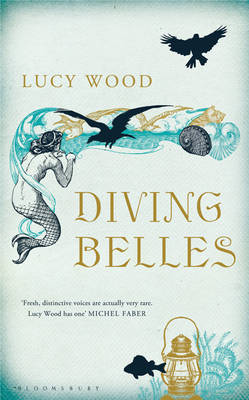
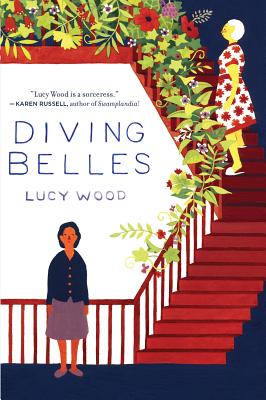
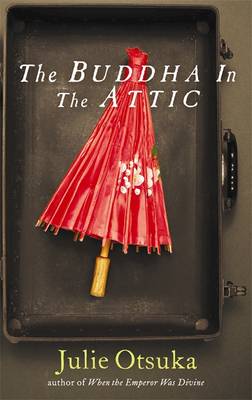
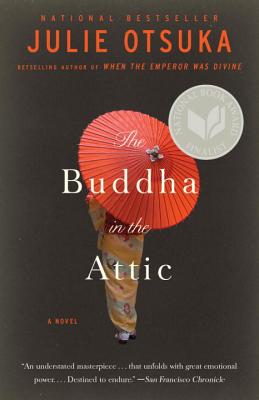
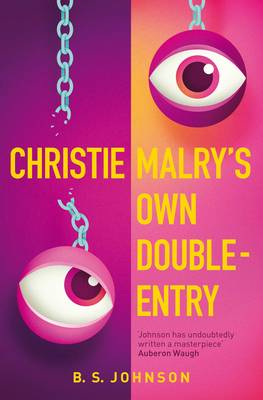
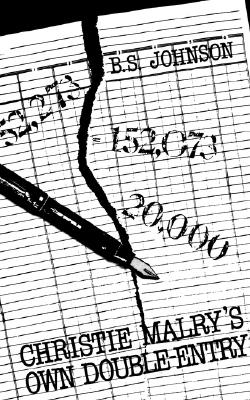
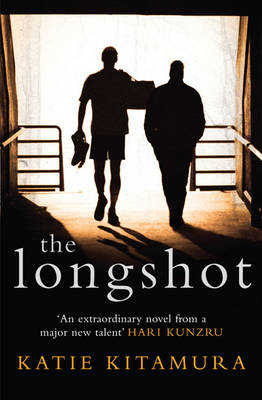
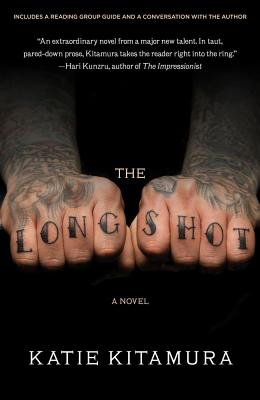
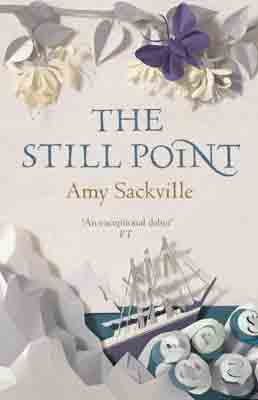
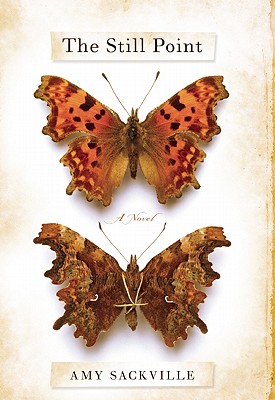
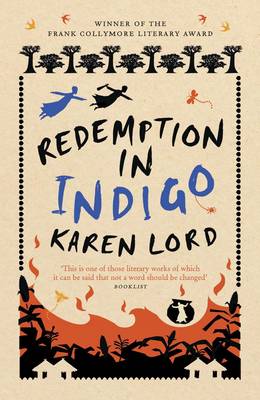
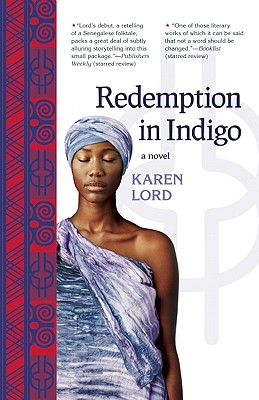
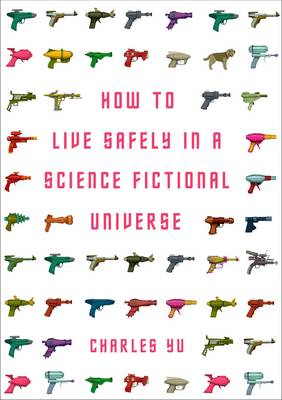
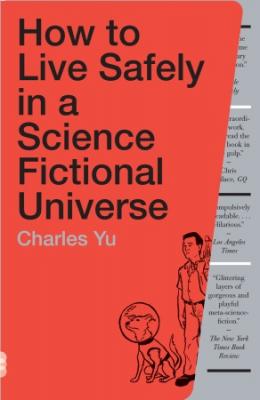

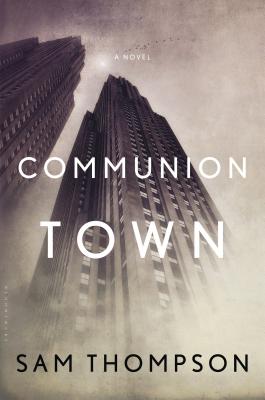
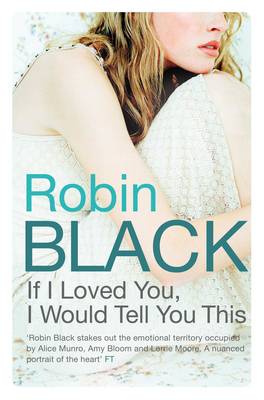
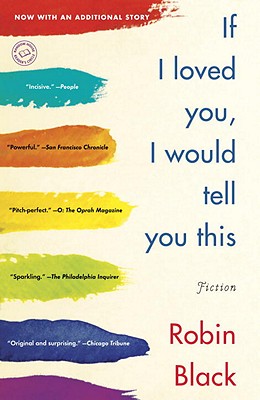
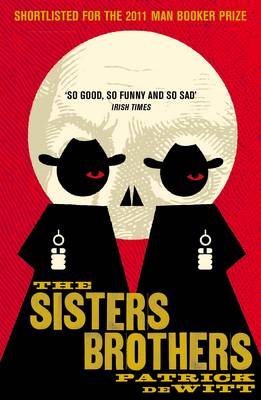
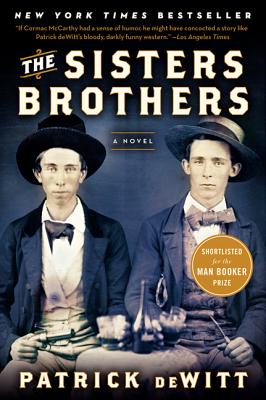
 Johnson wrote that “telling stories is telling lies”, and that feeling is embodied time and again in his work. Albert Angelo (1964; the earliest of the reissues, but actually Johnson’s second published novel) is a great snarl of frustration at the form’s limitations. Johnson tells of Albert, a trained architect who has been forced to make ends meet by working as a supply teacher. Albert is thwarted in his ambitions to be a professional architect, still dwelling on an old relationship, and hated by the children he teaches. And the novel is as ill-at-ease as Albert, with Johnson constantly switching technique: first-, second- and third-person; a two-column format, with speech on one side and thoughts in another ; there’s even a hole cut in a couple of pages to recontextualise a few lines.
Johnson wrote that “telling stories is telling lies”, and that feeling is embodied time and again in his work. Albert Angelo (1964; the earliest of the reissues, but actually Johnson’s second published novel) is a great snarl of frustration at the form’s limitations. Johnson tells of Albert, a trained architect who has been forced to make ends meet by working as a supply teacher. Albert is thwarted in his ambitions to be a professional architect, still dwelling on an old relationship, and hated by the children he teaches. And the novel is as ill-at-ease as Albert, with Johnson constantly switching technique: first-, second- and third-person; a two-column format, with speech on one side and thoughts in another ; there’s even a hole cut in a couple of pages to recontextualise a few lines.
 House Mother Normal (1971) – my favourite of these novels – consists of eight 21-page sections, each the monologue of a resident of an old people’s home, followed by a concluding section narrated by the House Mother. Each monologue tells of the same events, but the cognitive functioning of the residents grows progressively weaker, until we end up with a chapter which consists largely of nonsensical syllables scattered across the page – apart from harrowing moments of lucidity:
House Mother Normal (1971) – my favourite of these novels – consists of eight 21-page sections, each the monologue of a resident of an old people’s home, followed by a concluding section narrated by the House Mother. Each monologue tells of the same events, but the cognitive functioning of the residents grows progressively weaker, until we end up with a chapter which consists largely of nonsensical syllables scattered across the page – apart from harrowing moments of lucidity:
Recent Comments